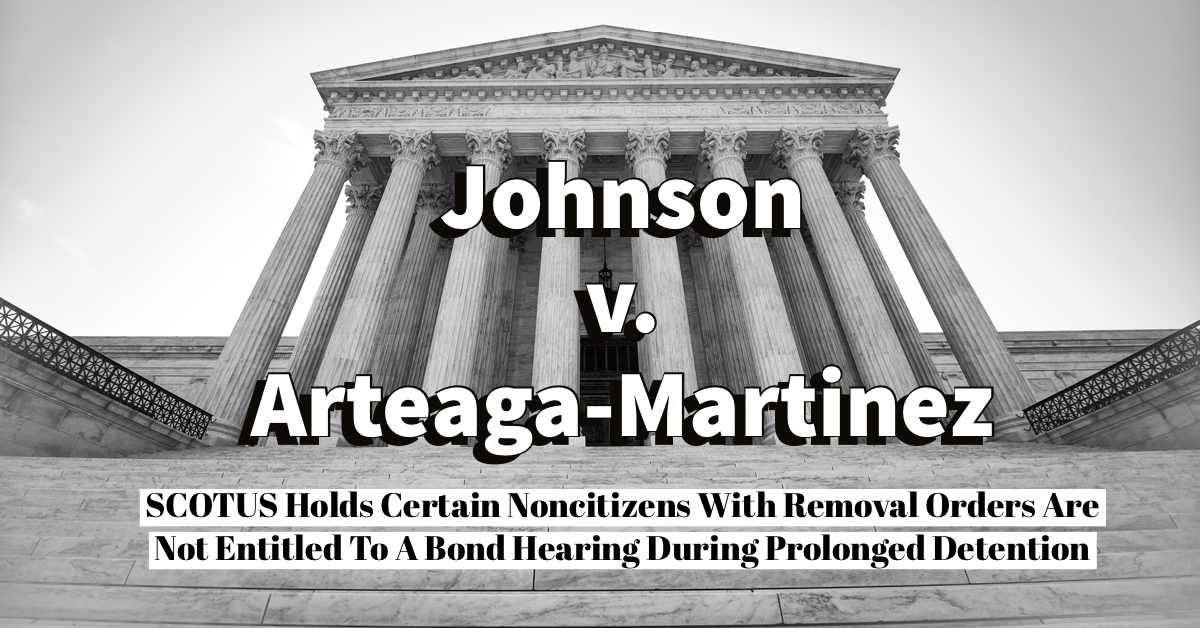Over the past weekend, Los Angeles was rocked by riots and protests sparked by the U.S. Immigration and Customs Enforcement (ICE) raids. What began as peaceful demonstrations against aggressive immigration enforcement escalated into violent unrest– looting, burning cars, throwing bricks at squad vehicles, and even riding a motorcycle into a line of officers. By Sunday night, Los Angeles police declared all of downtown an unlawful assembly area, ordering protesters to disperse after three days of demonstrations against President Donald Trump’s immigration policy.
In response to the turmoil, President Trump made the extraordinary decision to “federalize” the California National Guard and deploy troops in Los Angeles. This move came over the objections of California Governor Gavin Newsom, who condemned the federal intervention as overreach. Nevertheless, on June 7, President Trump issued an executive memorandum calling National Guard units into federal service under 10 U.S.C. §12406, citing the wave of violent protests as “a form of rebellion against the authority of the United States.” By Sunday, 2,000 National Guard personnel were ordered to assist the LA police department, however many seem to question if this move is what turned the LA ICE protests into full blown riots. Further fueling the unrest, Secretary of Defense Pete Hegseth deployed 700 marines to aid the national guard in their protection of federal buildings early Tuesday (June 10th) morning.
Federal vs. State Authority: Was This a Legal Move?
 Florida Immigration Lawyer Blog
Florida Immigration Lawyer Blog


 There are many aggravated felonies listed in the statute, but under
There are many aggravated felonies listed in the statute, but under  The United States Supreme Court recently released a decision on June 13th, 2022 that will allow for prolonged detention of certain noncitizens who have a removal order, without the benefit of judicial review. This decision is an unwelcome blow to those that have been held in custody for periods longer than six months because they will not be able to obtain a bond hearing in front of an immigration judge. The decision whether to continue detention or to release them on terms of supervision will remain with ICE.
The United States Supreme Court recently released a decision on June 13th, 2022 that will allow for prolonged detention of certain noncitizens who have a removal order, without the benefit of judicial review. This decision is an unwelcome blow to those that have been held in custody for periods longer than six months because they will not be able to obtain a bond hearing in front of an immigration judge. The decision whether to continue detention or to release them on terms of supervision will remain with ICE. 

